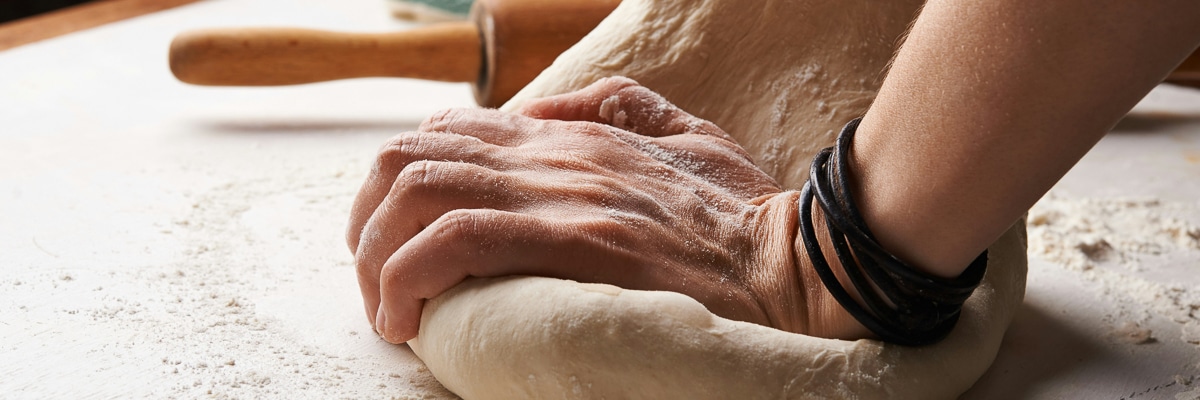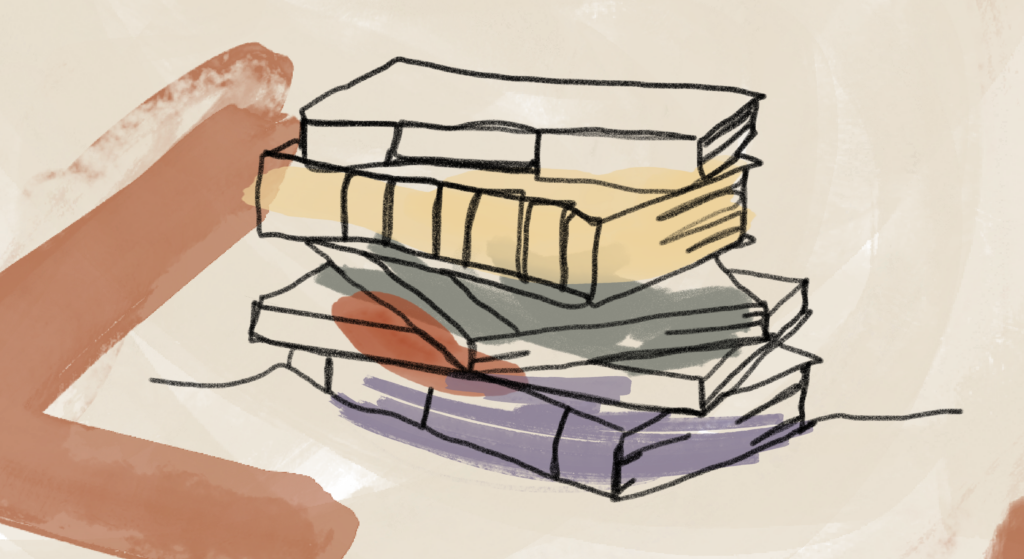
Drawing on personal experience, Father Richard offers an encouraging reminder that we don’t need to be perfect in order to be loved and accepted by God.
We don’t come to God by doing it right. Please believe me on this. We come to God by doing it wrong. Any guide of souls knows this to be true. If we come to God by being perfect, no one is going to come to God. This absolutely levels the playing field. Our failures open our hearts of stone and move our rigid mind space toward understanding and patience. It’s in doing it wrong, making mistakes, being rejected, and experiencing pain that we are led to total reliance upon God. I wish it weren’t true, but all I know at this point in my journey is that God has let me do just about everything wrong, so I could fully experience how God can do everything so utterly right.
I believe this is why Christianity has as its central symbol of transformation a naked, bleeding man who is the picture of failing, losing, and dying, yet who is really winning—and revealing the secret pattern to those who will join him there. Everyone wins because, if we’re honest, the one thing we all have in common is weakness and powerlessness in at least one—though usually many—areas of our lives. There’s a broken, wounded part inside each of us. [1]
In the Everything Belongs podcast, Father Richard explains how he has been freed from his tendency to focus on “what’s wrong” with himself, others, and the world:
As a perfectionist by nature, accepting that things aren’t perfect has been at the center of my life’s inner struggle. I’m always seeing the wrong of everything. At the same time, I haven’t wanted to let “what’s wrong” drive the show—in myself and others. I want to be perfect, and I want other people to be perfect—but of course, the only perfection available to us is the ability to embrace the imperfect.
What I like to call “holy dissatisfaction” gave me my instinct for reform, but it also chewed me up. In the first half of my life, I was constantly thinking, “It’s not supposed to be that way!” I was constantly noticing, “That isn’t it! That isn’t it!” It’s only in the second half of my life that I am finally able to live in the holy tension of accepting that a “remnant” or “critical mass” is enough. Scattered in each group are always a few who get it, a few who live and love the gospel. When that became enough, and even more than enough (even in myself), I was free. So, this scriptural image of “remnant” or “yeast”—to use Jesus’ words—is very important for me and my own liberation. If I’m going to wait for the reign of God to be fully realized before I can be happy, I’m never going to be happy. [2]
References:
[1] Adapted from Richard Rohr, The Art of Letting Go: Living the Wisdom of Saint Francis (Sounds True, 2010), audio recording; and, “Losing Is Winning,” Daily Meditations, June 19, 2015.
[2] Adapted from Mike Petrow, Paul Swanson, hosts, with Richard Rohr, Everything Belongs, podcast, season 2, ep. 8, “The Integration of the Negative with Kaira Jewel Lingo and Adam Bucko,” Center for Action and Contemplation, January 10, 2025.
Image credit and inspiration: Nadya Spetnitskaya, Untitled (detail), 2018, photo, Unsplash. Click here to enlarge image. Making bread requires the integration of dry and liquid ingredients that must be kneaded and combined. They move from messiness to a cohesive form, just like any kind of integration process.
Story from Our Community:
I’m a practicing Catholic living in Brazil. I found the work of Father Richard and the CAC when I went through a dark night. I was struck by the idea of true and false self and I began to understand that God and spiritual practice can help to crack open my false self. I am immensely grateful for the tools, podcasts, meditations, and the welcoming community that I found in CAC. As part of my practice, I say the Welcoming Prayer every day when I wake up. It helps prepare my heart for the day and relaxes my desire to fix and control what happens around me.
—Junia C.




